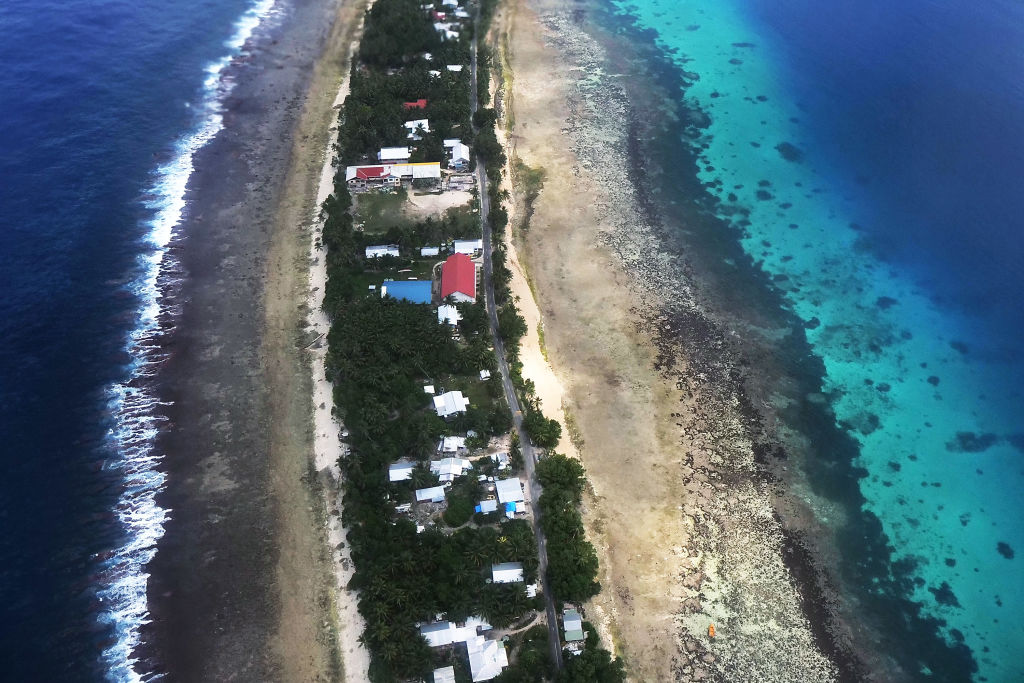Dire new study says rising sea levels could displace 200 million people by 2100


A free daily email with the biggest news stories of the day – and the best features from TheWeek.com
You are now subscribed
Your newsletter sign-up was successful
A new study warns that if nothing is done to curb carbon emissions, sea levels could rise by more than six feet by the end of the century, flooding major cities — including Shanghai, Miami, and Mumbai – and displacing about 200 million people.
As the Earth gets warmer, ice sheets are melting faster than previously predicted, the study's scientists said. Co-author Robert Kopp, director of the Institute of Earth, Ocean, and Atmospheric Studies at Rutgers University, told NBC News there are many uncertainties when it comes to the ice sheets in Greenland and Antarctica. For the study, 22 climate experts were asked to estimate the ice sheets' effect on sea level rise if temperatures rose by 3.6 degrees Fahrenheit and 9 degrees Fahrenheit, which is "consistent with unchecked emissions growth."
A 9 degree uptick was the worst-case scenario, and scientists predicted it would cause sea levels to rise by more than six feet by 2100, permanently flooding 700,000 square miles of land. If the temperature rose by only 3.6 degrees, melting ice sheets would add about two-and-a-half feet to sea level rise. Kopp said not all hope is lost, and "changing the course of emissions really can significantly affect this issue over the next 80 years." The study was published Monday in Proceedings of the National Academy of Sciences.
The Week
Escape your echo chamber. Get the facts behind the news, plus analysis from multiple perspectives.

Sign up for The Week's Free Newsletters
From our morning news briefing to a weekly Good News Newsletter, get the best of The Week delivered directly to your inbox.
From our morning news briefing to a weekly Good News Newsletter, get the best of The Week delivered directly to your inbox.
A free daily email with the biggest news stories of the day – and the best features from TheWeek.com
Catherine Garcia has worked as a senior writer at The Week since 2014. Her writing and reporting have appeared in Entertainment Weekly, The New York Times, Wirecutter, NBC News and "The Book of Jezebel," among others. She's a graduate of the University of Redlands and the Columbia University Graduate School of Journalism.
